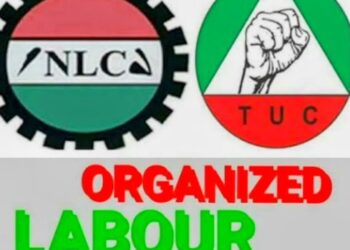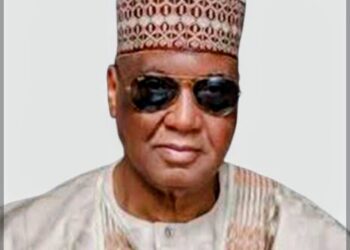FG Bans Fuel Tankers Exceeding 60,000 Litres from Operating on Nigerian Roads.
From Our Correspondent.
The Federal Government of Nigeria has officially announced a ban on fuel tankers with a capacity exceeding 60,000 liters from operating on its roads, effective March 1, 2025. This directive, issued by the Nigerian Midstream and Downstream Petroleum Regulatory Authority (NMDPRA), aims to enhance road safety and regulate the transportation of petroleum products.
In addition to this measure, the NMDPRA has indicated that, starting in the fourth quarter of 2025, fuel trucks with a capacity greater than 45,000 liters will no longer be allowed to load petroleum products.
During a press briefing in Abuja, Ogbugo Ukoha, the Executive Director of Distribution Systems, Storage, and Retailing Infrastructure at NMDPRA, explained that this decision was a response to the increasing number of road accidents involving heavy-duty petroleum tankers.
He noted, “The first stakeholders’ technical committee met today to establish timelines for about 10 resolutions aimed at addressing the significant rise in truck transit incidents and associated fatalities.”
Ukoha highlighted that a collaborative discussion took place involving key agencies, including the Department of State Services (DSS), Federal Fire Service, Federal Road Safety Corps (FRSC), National Association of Road Transport Owners (NARTO), National Union of Petroleum and Natural Gas Workers (NUPENG), Standards Organisation of Nigeria (SON), Depot and Petroleum Products Marketers Association of Nigeria (DAPPMAN), and NMDPRA. He stated that a consensus was reached to prohibit any truck with an axle load exceeding 60,000 liters of hydrocarbons from loading at any depot as of March 1, 2025.
Emphasizing collaborative efforts, Ukoha said, “For the first time, consensus was reached among all stakeholders, and we will continue to work together cohesively to ensure the safe transportation of petroleum products across the country.”
He also addressed recent allegations regarding fuel quality circulating in the market, labeling them as unfounded, misleading, and unscientific.
Ukoha assured the public that both imported and locally refined petroleum products must comply with stringent regulatory standards prior to their release into the market.
The NMDPRA has committed to enforcing compliance with petroleum industry standards and specifications, urging the public to disregard any baseless claims regarding fuel quality circulating on social media.
“The regulator would usually be more circumspect and not respond to every comment made in public,” he concluded.
















